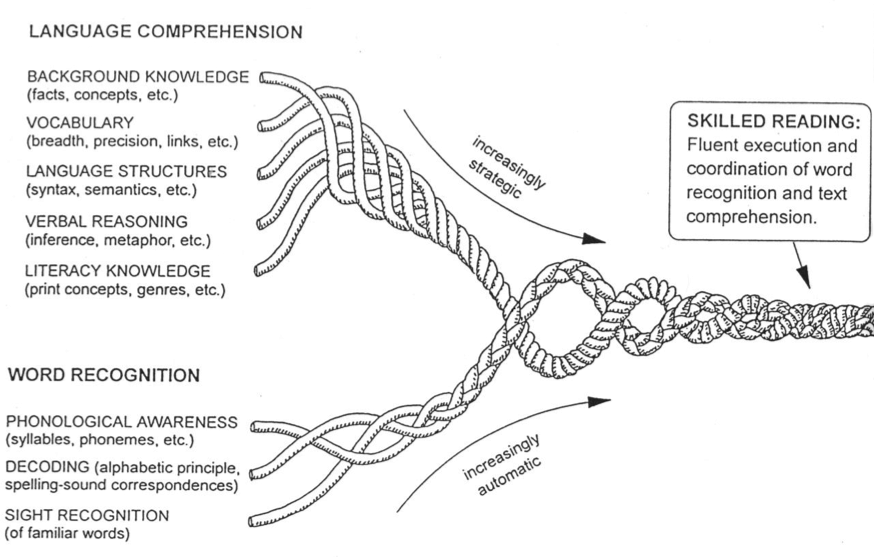English
WRITING
We believe that writing is strengthened by instilling a love for reading within our pupils. We value the importance of reading to supplement writing, providing a purpose and a context to writing. We believe that pupils who are provided a reason for writing demonstrate flair and effective writing composition, leading to high quality outcomes. Therefore, our writing curriculum is underpinned and driven by a rich, high-quality text based approach using the 'Literacy Tree' schemes.
Literacy Tree is a complete book-based approach with resources for Primary English including Writing, Reading and Spelling.
Literacy Tree’s writing resource and programme, Writing Roots, based around our Teach Through a Text pedagogy, embeds all National Curriculum requirements and places audience and purpose at the core.
Literacy Tree’s primary focus through its book-based pedagogy is to motivate children to write for a range of audiences and purposes using high-quality, diverse children’s literature by significant authors. We do this by helping schools immerse children in a range of literary worlds and themes, heightening engagement and creating curiosity through process drama, discussion and debate. This allows them to see themselves represented, and also explore the lives and experiences of others.
The carefully-planned sequences of lessons provide opportunities to explore writing conventions, which are embedded, and apply them into authentic writing for a range of real-life audiences. The writing outcomes are chosen for their pertinence and relevance to the particular point in the text (not chosen for their ‘genre’), marrying the writing opportunity with the relevant conventions so that children see the purpose in the skills learnt. Skills and outcomes are revisited to practise and consolidate learning.
PHONICS AND READING
Reading is complex and therefore our teaching and implementation of phonics teaching, guided reading session and additional interventions are reviewed and evaluated on a regular basis to ensure that our phonics and reading program meets the need of our pupils

FLUENCY

At Christ the King Primary School we use the Department of Education approved document ‘Little Wandle Letters and Sounds’ for our teaching of phonics. This allows our phonics teaching and learning to be progressive throughout reception to Year 2. All EYFS and KS1 children have discrete, daily phonics sessions in small groups where they revise previous learning, are taught new graphemes/phonemes, practise together and apply what they have learnt.
Pupils in the Resource Base beyond KS1 also benefit from daily phonics sessions to consolidate and strengthen their speech, language and phonological awareness.
This approach allows children to learn at their pace and build in daily, weekly and monthly retrieval practices to ensure that children are becoming fluent in reading by the end of year 1. Additional afternoon session are being taught to children who need extra time to learn some of the 44 phonemes, because as a school we believe this foundational knowledge is the base for future success. We ensure that our teaching staff receive regular training and updates so that they can deliver high quality sessions to all our children.
Through the Little Wandle Letters and Sounds, the children are taught the 44 phonemes that make up all the sounds required for reading and spelling. These phonemes include those made by just one letter and those that are made by two or more. Children work through the different phases and as they grow in confidence and experience, they are introduced to alternative ways of representing the same sound.
Children who are struggling with fluency past the middle of year 2 are enrolled in a reading intervention program to ensure that all our children will leave primary school as fluent readers.
INSTRUCTIONAL READING
In year R and 1 reading is taught through the systematic synthetic phonics programme 'Little Wandle Letters & Sounds'. Children will read their books a minimum of three times to ensure that they are able to decode the texts fluently before taking reading books home to enjoy. The main objective for these reading sessions is to develop fluency and prosody so that they are able to apply their decoding skills automatically and with greater accuracy and fluency, enabling their working memory to be freed up to focus on comprehension. We use the the Little Wandle Guided reading session and use the phonetically decodable books recommended by the programme.
From Year 2 onwards we believe that reading skills need to be taught explicitly through a well-tailored and constantly reviewed whole school approach. Instruction reading (sometimes also referred to as 'guided reading') takes place regularly in each class, incorporating age-appropriate, challenging texts which are rich in vocabulary.
There is a clear focus on core comprehensions skills. This strategies aims to develop depth in the pupils responses at every age. The clear structure of our instructional reading sessions reflects our understanding that reading is “active” and the clear planning structure supports staff in delivering high quality reading sessions and ensure children have time to practise skills and embed their knowledge on how to answer different questions in line with our pedagogical philosophy.
SPELLING AND HANDWRITING
Whilst we ensure that there is a language rich English curriculum, we priorities and regard the mastering of foundational knowledge as crucial in the younger years. Therefore, we teach handwriting and spelling discretely as well as give pupils plenty of opportunities to practise their skills.
